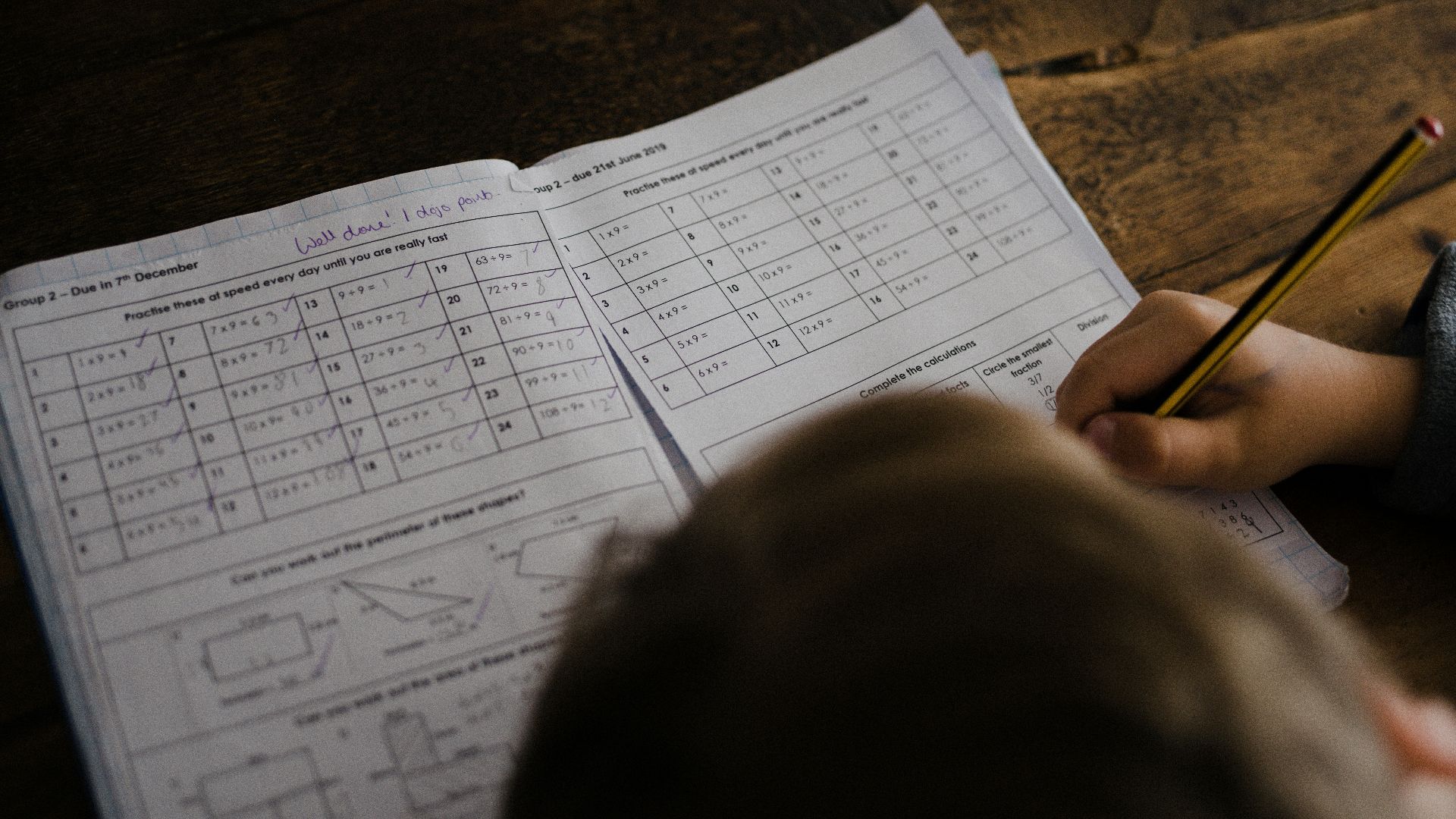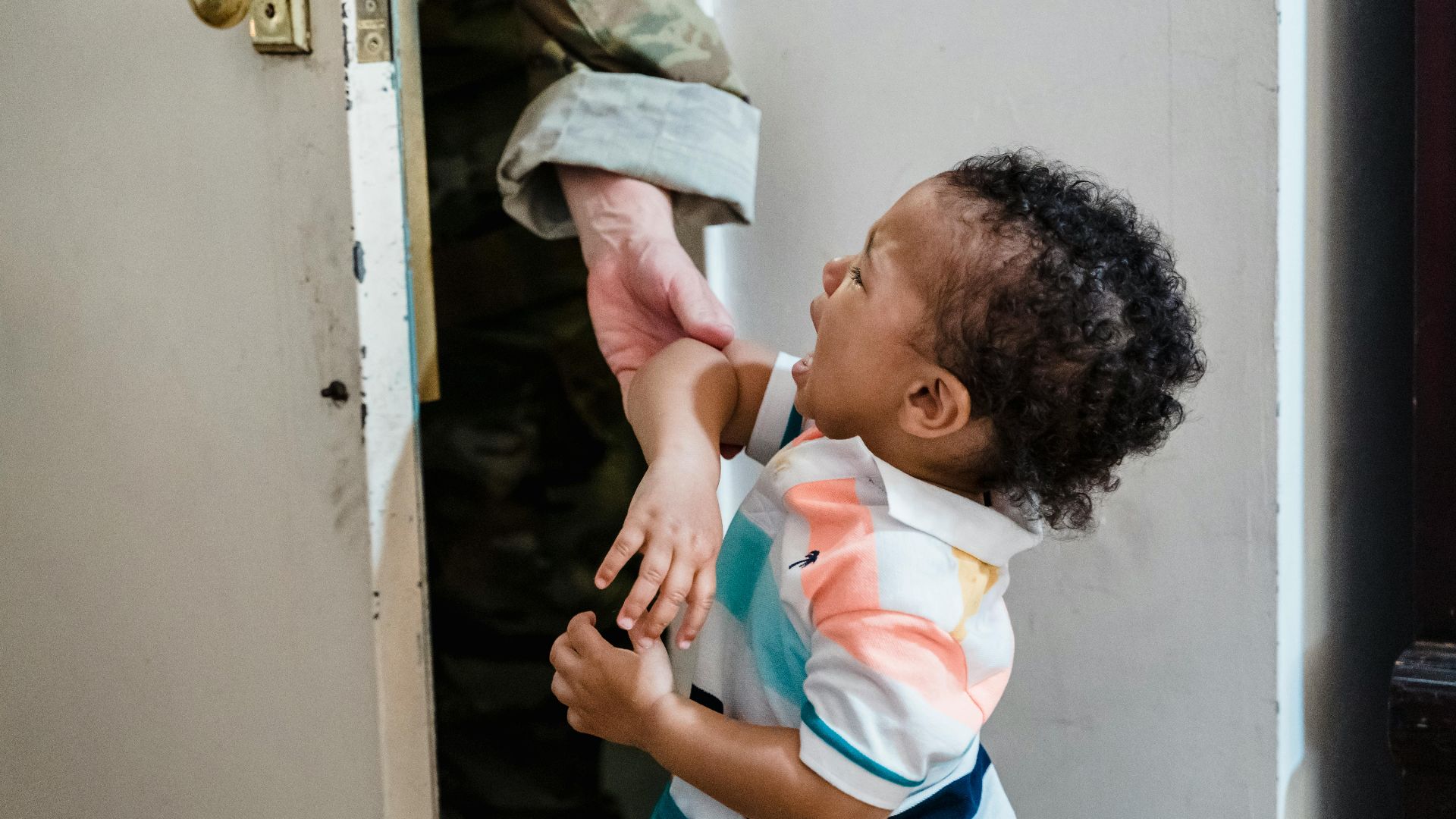What Goes Around Comes Around
Parenting is basically an improvised comedy with emotional consequences. You’re dodging LEGOs at midnight and pretending you know how much screen time is too much without actually knowing anything at all. But some of the tiniest parenting missteps can build invisible ruts you don’t see coming until you’re knee-deep in them. So, here are 20 no-big-deal parenting habits that come with a surprising bite.
1. Ignoring Emotional Needs
When a child’s emotional needs are ignored, they learn that their feelings don’t matter, and that can stick with them well into adulthood, depending on the severity and duration of neglect. Later, they start to question their self-worth, wondering why their emotions aren’t important enough to be acknowledged.
2. Letting Technology Take Over
If you let screen time dominate, your child misses out on vital life experiences like playing outside or interacting with others face-to-face. It’s easy to reach for the tablet to keep them entertained, but over time, this digital comfort zone makes them less curious about the world around them.
3. Over-Scheduling Kids
When every day is packed with activities, your child doesn’t get to experience the joy of free time. You may think you’re setting them up for success. However, you’re inadvertently putting them at risk for stress and burnout.
4. Making Too Many Comparisons
Comparisons, no matter how well-intended, can chip away at their self-esteem. This can lead to a prolonged fear of failure, as they feel they’re always in competition with someone. Instead of comparing, focus on their individual strengths and accomplishments.
5. Not Setting Boundaries
Kids need structure to feel secure. Without clear guidelines, children don’t learn the limits of acceptable behavior, and they may struggle to understand the importance of respect or responsibility. Firm boundaries don’t mean being overly strict, but they do need to be consistent and fair.
6. Not Helping Them Handle Failure
Failure is a natural part of life, and learning to cope with it is essential. Teach them that failure isn’t something to fear but an opportunity to grow and improve. Encouraging your child to try again, even after disappointment, builds perseverance.
7. Failing To Model Behavior
Children learn more from watching your actions than from what you say. For example, if you tell them to use kind words but frequently snap at others in stressful situations, they’ll pick up on that behavior. So, model patience when you’re frustrated and good decision-making even in tough situations.
8. Overprotecting Your Child
Life is full of challenges, and kids need to learn how to cross those moments independently. By allowing your child to experience failure, disappointment, and difficulty, you’re teaching them how to bounce back, problem-solve, and think critically.
9. Avoiding Difficult Conversations
Conversations about tough topics—such as relationships, loss, or mental health—are often avoided because they make us uncomfortable. However, ignoring these issues doesn’t make them go away; it just leaves children ill-equipped to deal with them when they inevitably arise.
10. Exaggerating Consequences
Exaggerating consequences can lead to desensitization or anxiety, as children may become overwhelmed or lose their ability to make thoughtful decisions in real-life situations. Dr. Becky Kennedy, a leading expert in positive parenting, emphasizes that children thrive when parents provide clear, realistic outcomes tied to their actions.
 Photo By: Kaboompics.com on Pexels
Photo By: Kaboompics.com on Pexels
11. Not Encouraging Independence
“I’ll do it for you.” While it’s easy to take over, you’re missing an opportunity to help your child build independence. This is because when they make their own decisions, solve problems, and even make mistakes, they develop the confidence to handle life on their own.
12. Overlooking The Power Of Praise
Praise is about recognizing their effort. It boosts self-esteem and motivation, encouraging your child to keep trying. However, be specific with your praise, focusing on the process rather than just the outcome. With the right encouragement, your child will be motivated to reach new heights.
13. Taking Away Love As Punishment
Love should never be used as a bargaining chip or a means of control. This can have long-lasting consequences on their overall emotional development. Instead, discipline should always be about teaching a lesson so that your love for them remains unconditional.
14. Not Encouraging Critical Thinking
Critical thinking is about encouraging them to ask questions and find solutions themselves. Foster this by presenting challenges or puzzles that require them to think creatively. Give them the space to discuss their thoughts and ideas, and offer guidance when necessary.
15. Failing To Listen
It’s easy to get caught up in your own thoughts and distractions, but taking time to truly listen to your child builds trust and strengthens your relationship. Ask open-ended questions and give them your full attention. In turn, they also learn to listen to others.
16. Trying To Be Their Best Friend
While having a good relationship with your child is important, trying to be their best friend can lead to role confusion. Children need a parent to guide them, not just to hang out with them. So, it’s essential to balance warmth and love with the guidance they need to grow.
17. Forcing Preferences On Your Child
Every child has their own personality, interests, and dreams. So, don’t force your preferences on them. Support them in exploring their own passions, even if they don’t align with your interests. This fosters confidence and long-term satisfaction.
18. Not Teaching Consequences Of Actions
Children need to understand that their actions have real-world consequences, whether good or bad. Let them experience the natural outcomes of their actions. It will help build accountability and help them make better decisions in the future.
19. Not Prioritizing Family Time
Prioritizing family moments strengthens relationships and creates lasting memories. Whether it’s a weekly game night, family dinners, or a weekend outing, these shared experiences develop a sense of belonging and security. Make family time a priority, and watch your bond grow stronger.
20. Providing Unconditional Support For Bad Behavior
Supporting bad behavior, even out of love, sends the wrong message to your child. They might begin to believe that their actions have no real consequences, leading to disrespect. Moreover, holding your child accountable for their actions teaches them responsibility and respect.



























